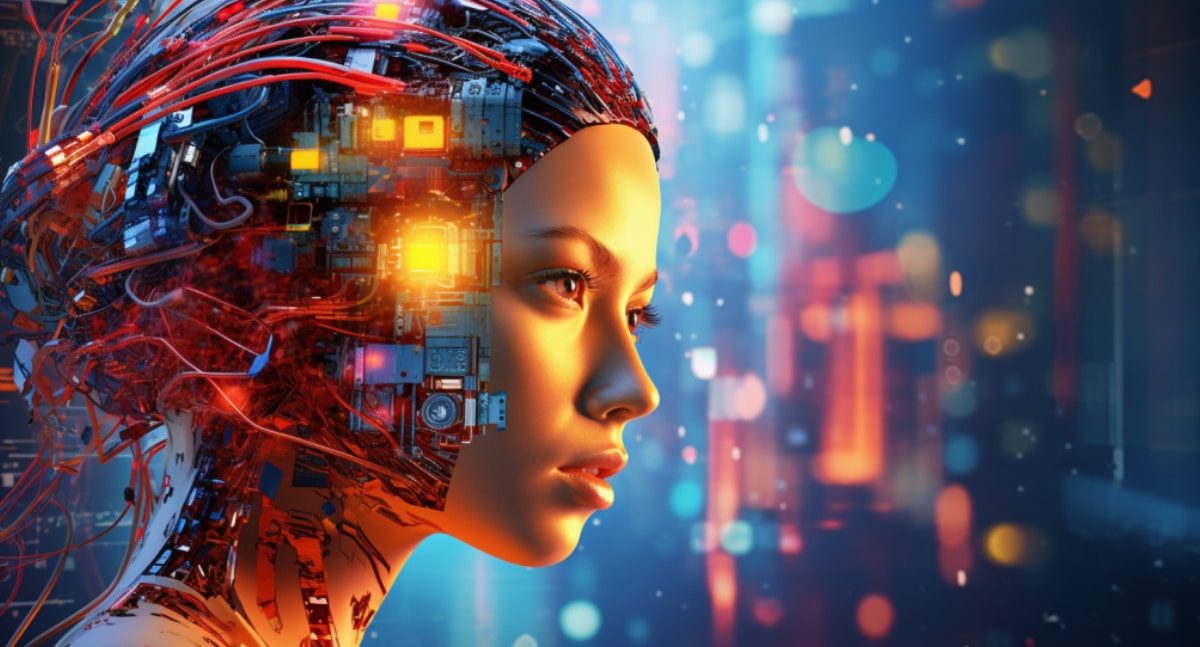Do You Know What an AI Agent is?
In the evolving landscape of artificial intelligence, the concept of AI agents emerges as a pivotal yet ambiguously defined force, reshaping traditional roles from customer service to IT support, despite ongoing debate among tech leaders and experts. In this article, we delve into it.
nanadwumor

- AI agents are AI-powered software designed to perform tasks traditionally handled by human roles like customer service, HR, or IT support.
- There is no consensus on the exact definition of AI agents, with differing views among major tech companies and experts.
- Despite the lack of a universal definition, AI agents aim to automate tasks across various systems, often exceeding the capabilities of traditional chatbots.
- Experts like Rudina Seseri highlight that AI agents utilize AI/ML techniques such as natural language processing and machine learning to autonomously understand, reason, decide, and act in dynamic environments.
RECOMMENDED ARTICLES
OpenAI seeks to make its upcoming ‘open’ AI model best-in-class
Toward the end of March, OpenAI said it intended to release its first “open” language model since GPT‑2 sometime this year. Now, details about that model are beginning to trickle out from the company’s sessions with the AI developer c…
WARNING: ChatGPT Can Now Turn YOU Into a Hyper-Realistic Action Figure!
Move over, selfies—AI action figures are the new digital flex. Here’s how to make yours. Viral AI Trend: Everyone's turning selfies into AI-generated action figures, flooding social media (even...
Elon Musk’s xAI Buys X Giving X Investors Hope
Elon Musk just made a bold move—one that could change the future of AI and social media forever. But was this merger a game-changer or just a power play? Musk’s xAI has acquired X in an...
Rudina Seseri, who founded and is the managing partner at Glasswing Ventures, sees the early stage of development as a reason for the lack of consensus. According to Seseri, “An ‘AI agent’ lacks a universal definition. The common viewpoint is that it’s an intelligent software system that understands its environment, reasons about it, makes decisions, and acts to achieve specific goals autonomously,”
She points out that multiple AI technologies are utilized in these systems. “These systems leverage various AI/ML techniques such as natural language processing, machine learning, and computer vision to operate in changing environments, either independently or in conjunction with other agents and human users,” she notes.
Aaron Levie, co-founder and CEO of Box, predicts that as AI advances, AI agents will handle more tasks for humans. He sees ongoing factors driving this progress. According to Levie, improvements in GPU performance, model efficiency, quality, and intelligence, alongside advancements in AI frameworks and infrastructure, will significantly enhance AI agents in both the short and long term. This optimistic view assumes growth in these areas, though it’s not assured. Conversely, MIT robotics pioneer Rodney Brooks cautions that AI faces tougher challenges than most technologies and may not progress as quickly as chip technology under Moore’s Law.
Join Our Telegram Group
Join Our WhatSapp Group
You May Also Like…
OpenAI seeks to make its upcoming ‘open’ AI model best-in-class
Toward the end of March, OpenAI said it intended to release its first “open” language model since GPT‑2 sometime this year. Now, details about that model are beginning to trickle out from the company’s sessions with the AI developer c…
WARNING: ChatGPT Can Now Turn YOU Into a Hyper-Realistic Action Figure!
Move over, selfies—AI action figures are the new digital flex. Here’s how to make yours....
Elon Musk’s xAI Buys X Giving X Investors Hope
Elon Musk just made a bold move—one that could change the future of AI and social media forever....



0 Comments